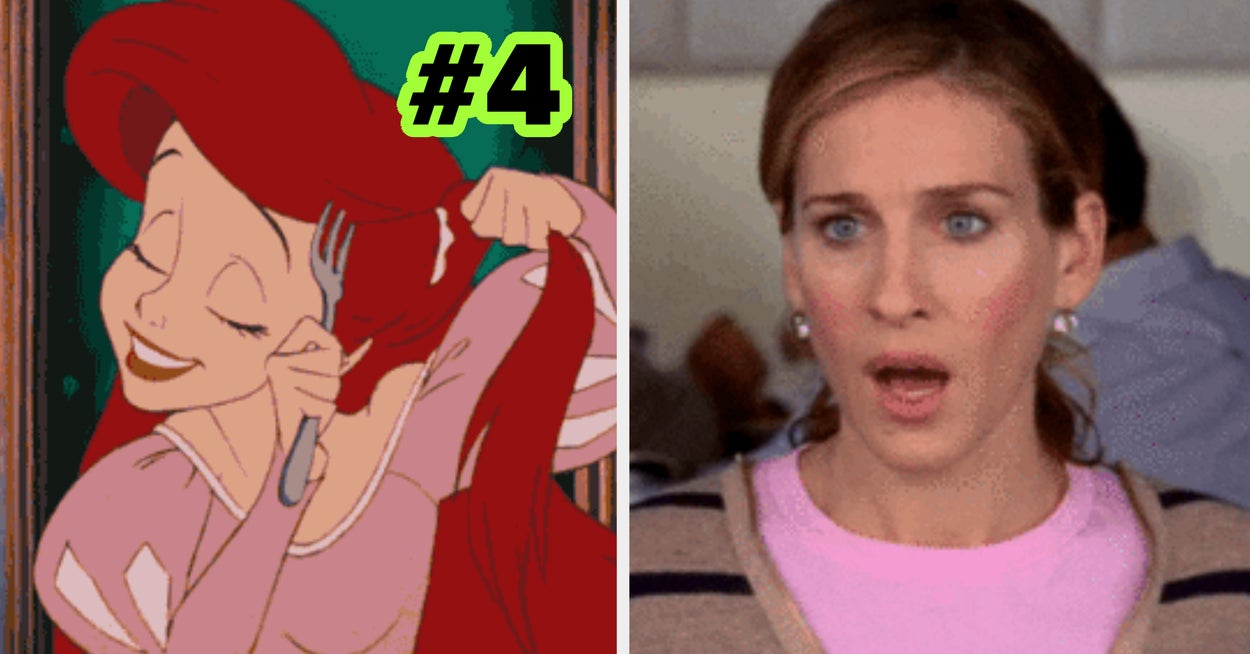from the pretty-not-okay dept
As a rule, it’s a good idea to be particularly suspicious of defenses of censorship that — coincidentally — materially benefit the people espousing them. In this case, the argument in favor of censorship is coming from founder and CEO of AI image generator Midjourney, David Holz. And Holz makes clear that he is willing to exempt Xi Jinping from the tool’s capabilities to retain Midjourney’s viability in China.
That’s right: Xi Jinping, one of the most powerful and repressive government officials in the world and most deserving of political skewering and mockery will be one of the few exempt from it, at least where Midjourney is concerned. Some other terms are restricted, though Holz won’t make the list public — “Afghanistan” for example, and now some depictions of arrests after the fake Donald Trump arrest fiasco — but Holz reportedly treats China as a unique case.
His quote about it is a doozy. From The Washington Post:
But the year-old company, run out of San Francisco with only a small collection of advisers and engineers, also has unchecked authority to determine how those powers are used. It allows, for example, users to generate images of President Biden, Vladimir Putin of Russia and other world leaders — but not China’s president, Xi Jinping.
“We just want to minimize drama,” the company’s founder and CEO, David Holz, said last year in a post on the chat service Discord. “Political satire in china is pretty not-okay,” he added, and “the ability for people in China to use this tech is more important than your ability to generate satire.”
He wants you to simultaneously believe that his program is so important that it must do whatever is necessary to remain accessible to people within China, but so unimportant that it doesn’t matter if fundamental political expression about one of the most powerful authoritarians in the world can’t be created on it. It doesn’t add up.
It’s no surprise that a tech CEO would be willing to make trade-offs for the Chinese market. At this point, it’s more surprising if one won’t do so. But Holz’s position is particularly careless and reveals an increasingly serious threat to free expression on and offline today: individual countries’ censorship laws, particularly those of powerful countries like China, are setting global rules sometimes enforced by tech companies anxious to display their compliance. It’s not just Midjourney’s China-based users that can’t satirize Xi Jinping — that rule applies to users everywhere, even in the United States.
Local laws are suddenly not so local anymore, and people like Holz have no qualms about aiding their illiberal international spread.
What this means in practice is that authoritarian leaders don’t just get to subject their own countries to repressive laws limiting political speech. They also get to set the rules for global communities which are not, and should not be, under any expectations to abide by them. Zoom engaged in such practices in 2020 when it applied Chinese law to users outside mainland-China, shutting down online Tiananmen memorials held by users in Hong Kong and the United States. In response to well-deserved criticism, Zoom announced it would no longer allow Chinese law to dictate policies outside mainland China. Midjourney took notes, it seems, and learned a different lesson.
Holz’s exact words were “the ability for people in China to use this tech is more important than your ability to generate satire,” but his meaning was clear: Midjourney’s interest in being accessible in China is more important than its users’ interest in engaging in political expression.
This acquiescence signals to authoritarians of all sorts that if they want to control their image on the global internet, ramping up repressive efforts at home will be rewarded. As if they needed more incentive. Oversee a large enough financial market and censor enough people and you, too, may be able to control your reputation on the global internet.
Will Midjourney stop with just Xi Jinping? Or should we expect satire of Prime Minister Narendra Modi, for example, to be next on the chopping block if Midjourney wants access to an increasingly unfree India?
Lastly, Holz may argue that he’s helping Chinese citizens — and not just his own company — by attempting to ensure that Midjourney will be available in China. But his claim that he wants to preserve “the ability for people in China” to use this tech is paternalistic in a way Holz doesn’t seem to realize. Chinese citizens, after all, may themselves want to use Midjourney to satirize their own government. Why does their freedom to satirize their ruler matter less than the freedom of the rest of the world to mock their leaders?
In fact, in the later months of 2022, protesters in cities across China held up blank sheets of paper in country-wide demonstrations to protest not just the country’s restrictive COVID policies, but the many things that Chinese citizens aren’t allowed to voice. This censorship is a result of oppressive and wide-ranging governmental control over what they can say in every forum, online and off. But it’s reinforced when foreign companies, in this case a U.S.-based AI image generating tool, are all too eager to do their part in enforcing those restrictions — not just on the population legally bound by them, but on the rest of the world, too.
Companies like Midjourney may be the vanguard of new technology and the changing internet. But censorship is nothing new, and they won’t change the game by willingly conducting reputation management for authoritarian governments.
That, one might say, is “pretty not-okay.”
Sarah McLaughlin is Senior Scholar, Global Expression at the Foundation for Individual Rights and Expression.
Filed Under: ai, censorship, china, david holz, free speech, generative ai, political speech, satire, xi jinping
Companies: midjourney
Source link










Leave a Reply